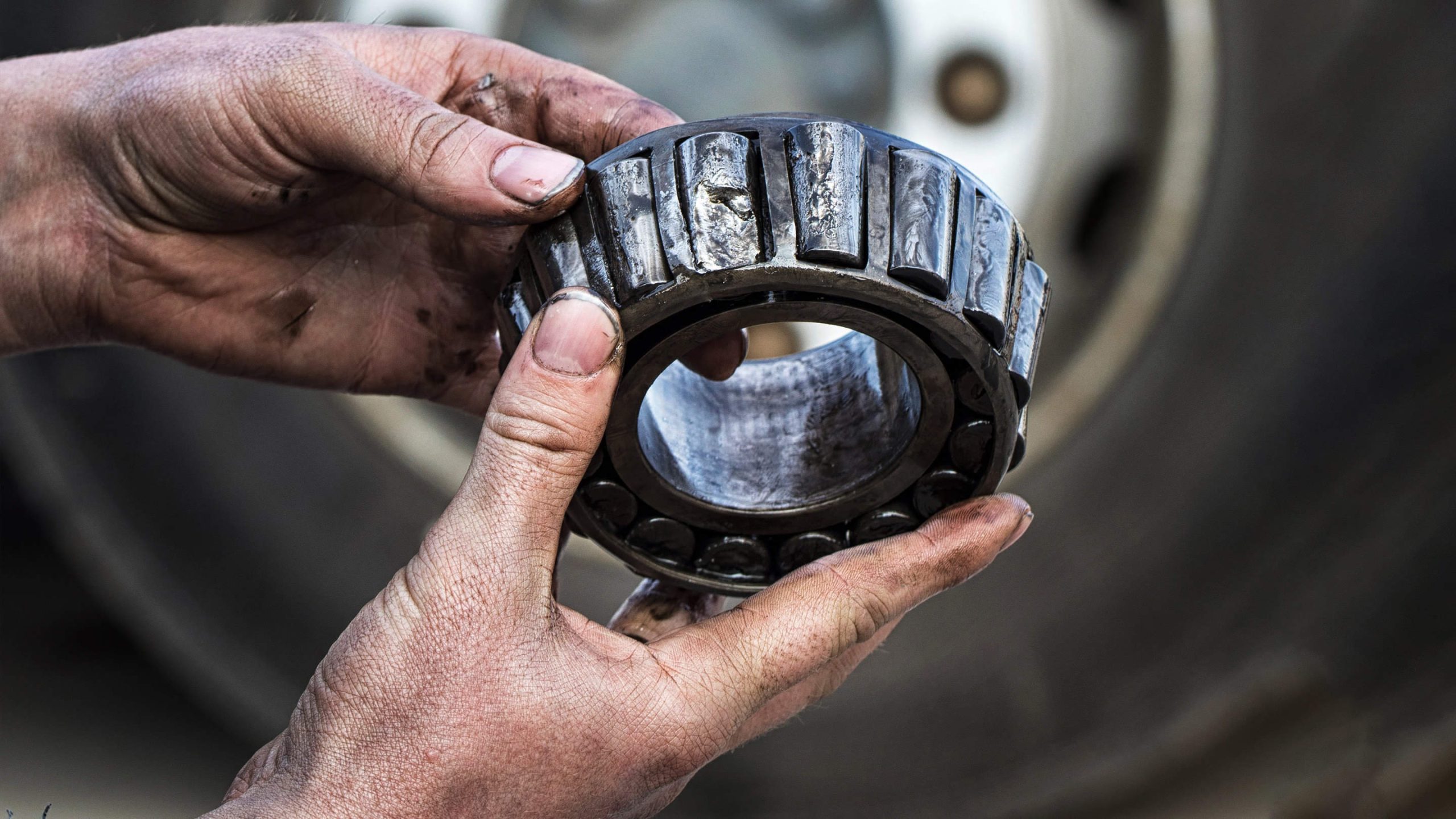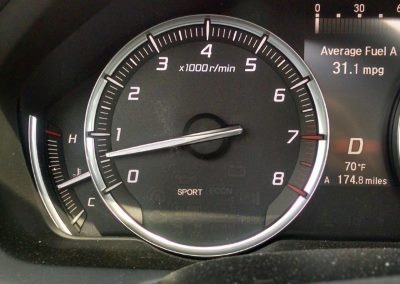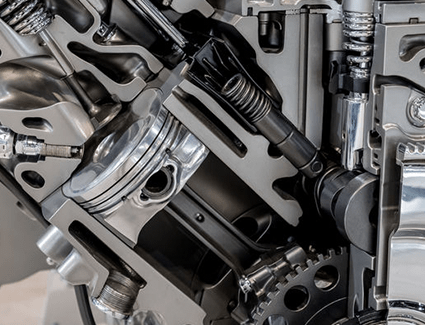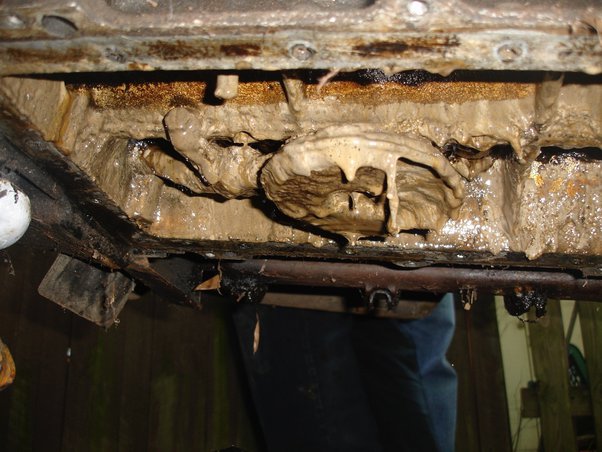Can a Bad Wheel Bearing Affect Acceleration
A bad wheel bearing can indeed affect acceleration by creating drag and reducing vehicle performance. It may lead to uneven tire wear, which can cause further acceleration issues.
Maintaining your vehicle’s wheel bearings is crucial for optimal performance and safety. These components are essential for the smooth rotation of the wheels, ensuring efficient vehicle movement. Neglecting wheel bearing health can lead to severe consequences, including compromised acceleration. A faulty bearing creates resistance, causing an engine to work harder to propel the car forward.
This extra strain not only affects acceleration but can also increase fuel consumption and lead to premature tire wear. Immediate attention to wheel bearing issues can save you from costly repairs and maintain your car’s acceleration and overall performance. Regular inspections by a qualified mechanic can detect bearing wear early, ensuring that your vehicle continues to accelerate smoothly and efficiently.
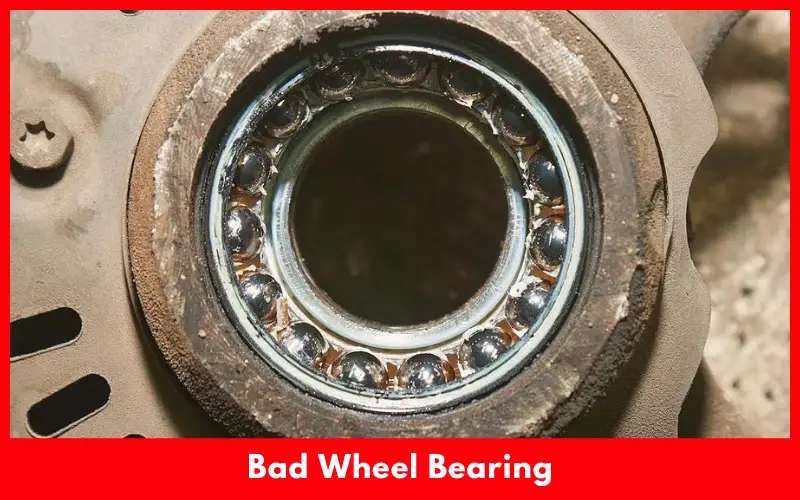
Credit: howwedrive.com
Symptoms Of A Faulty Wheel Bearing
If your vehicle is showing signs of a faltering wheel bearing, it’s crucial to address the issue promptly. A faulty wheel bearing can indeed affect acceleration, but more commonly, it will cause a few characteristic symptoms. Identifying these early on can prevent further damage and ensure your ride remains smooth and safe. Let’s spotlight the key warning signs.
Unusual Noises
One of the telltale signs of a faulty wheel bearing is the presence of abnormal noises. Listen for a grinding or whirring sound that increases with speed. This noise suggests that the wheel bearing may be worn or damaged.
Steering Wheel Vibration
In addition to strange noises, a bad wheel bearing can cause your steering wheel to vibrate. This vibration typically occurs at specific speeds and might become more noticeable during turns or when changing lanes.
Quickly identifying these symptoms is key to maintaining your vehicle’s health. Regular inspections and immediate attention to any irregularities can prevent costlier repairs down the line. If you experience any of these symptoms, consult with a professional mechanic to ensure your vehicle remains in top condition.

Credit: howwedrive.com
Impact On Vehicle Performance
Wheel bearings play a crucial role in the smooth functioning of your car. They ensure wheels spin freely and support the car’s weight. Bad wheel bearings can lead to serious performance issues. Let’s explore how they can affect your vehicle’s acceleration and fuel efficiency.
Acceleration Issues
A failing wheel bearing creates drag, making your car work harder to move. This strain manifests as sluggish acceleration. You might notice:
- Uneven acceleration, as the car struggles to pick up speed.
- A sensation of drag from one side of the car.
- Louder noise or vibrations during acceleration.
This hindrance in performance can affect the timing and pace at which your car speeds up.
Fuel Efficiency Reduction
Bad wheel bearings place extra stress on the engine, decreasing fuel economy. Here’s how:
| Normal Wheel Bearing | Bad Wheel Bearing |
|---|---|
| Reduced friction | Increased friction |
| Optimal fuel use | More fuel consumption |
| Efficient power transfer | Power loss |
With a compromised wheel bearing, your vehicle requires more fuel to overcome the resistance, leading to frequent gas station visits.
Mechanics Of Wheel Bearings
Wheel bearings play a crucial role in a vehicle’s operation. These small components carry significant responsibility. They reduce friction in the wheel hub. They help wheels spin fast with minimal drag. Think of them as your car’s shoes. Good shoes mean you can run better. It’s the same for cars.
Function In Vehicle Dynamics
Understanding how wheel bearings affect vehicle dynamics is key. These mechanical wonders ensure a smooth ride. They handle weight and manage forces from the road. When your car turns, accelerates, or hits a bump, wheel bearings take the strain.
- Support vehicle weight
- Enable smooth rotation of wheels
- Reduce heat build-up from friction
- Aid precise steering and handling
Consequences Of Bearing Failure
What happens when wheel bearings fail? It’s not good. Bearing failure disrupts your car’s harmony. It causes vibration. Noise increases. Worst of all, it can lead to poor acceleration. Your car might feel sluggish. It may even become unsafe to drive. Like any part, wheel bearings need care.
| Signs of Failure | Effects on Performance | Risk Level |
|---|---|---|
| Groaning noise | Decreased acceleration | High |
| Vibration | Unstable handling | Medium |
| Wheel play | Reduced fuel efficiency | Low |
Diagnosing Wheel Bearing Problems
When a vehicle’s wheel bearing goes bad, it can lead to various issues, including compromised acceleration. To ensure your vehicle stays safe and performs well, spotting early signs of a failing wheel bearing is key. A thorough diagnosis involves two main practices: physical inspection and road testing. Let’s delve into each method, explaining how to identify potential wheel bearing problems.
Physical Inspection Techniques
Listening is the first step. Often, a worn-out bearing makes a grinding or growling noise that’s hard to ignore. Another sign is unexplained wheel wobble or vibration. To inspect physically:
- Lift the car using a jack and secure it on stands.
- Grab the wheel at opposite ends and rock it back and forth.
- Feel for play or looseness; any movement could mean trouble.
- Examine the area around the bearing for any obvious damage.
Road Testing Strategies
Road tests are just as crucial. When you drive, pay attention to:
- Noise changes as you speed up or slow down.
- Vibration levels in the steering wheel or seat.
- Steering behavior; does the car pull to one side?
Repair And Maintenance Practices
A well-maintained wheel bearing is essential for smooth vehicle operation. It helps in smooth acceleration. Poor wheel bearings can lead to sluggish acceleration and may even cause accidents. Understanding repair and maintenance practices is crucial for vehicle safety and performance. Let’s dive into when professional help is necessary and how to best care for your wheel bearings.
When To Seek Professional Help
- Unusual noises: Grinding or whining sounds can indicate bad bearings.
- Poor handling: If your car pulls aside when accelerating, check bearings.
- Vibrations: A rough ride may signal bearing issues.
- ABS failure: Faulty bearings can disrupt the ABS system.
Seek a mechanic if you notice these symptoms. They have the tools and expertise to diagnose and fix bearing issues correctly. Do not delay as it might worsen the problem.
Best Practices For Wheel Bearing Care
Regular maintenance extends the life of wheel bearings. Use these best practices:
- Inspect regularly: Check bearings during routine service.
- Clean and repack: Service wheel bearings with grease as recommended.
- Check for wear: Look out for signs of bearing damage.
- Use quality parts: Always replace with high-standard bearings.
Following these steps, you ensure optimal vehicle performance. Remember to refer to your owner’s manual for specific maintenance intervals.
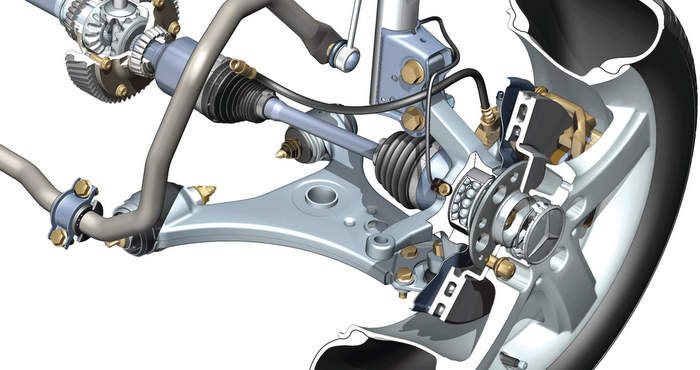
Credit: www.brakeandfrontend.com
Frequently Asked Questions Of Can A Bad Wheel Bearing Affect Acceleration
Can A Bad Wheel Bearing Reduce Car Acceleration?
A faulty wheel bearing can cause increased friction. This friction may indirectly affect acceleration. But generally, wheel bearings do not directly impact a vehicle’s ability to accelerate.
What Signs Indicate A Bad Wheel Bearing?
Symptoms of a bad wheel bearing include unusual noises, such as grinding or humming. You may also notice uneven tire wear and vibration in the steering wheel. It’s crucial to address these signs promptly.
Does Wheel Bearing Damage Affect Fuel Economy?
Deteriorating wheel bearings can increase rolling resistance. This resistance can lead to a drop in fuel efficiency. Therefore, a bad wheel bearing may indirectly reduce your vehicle’s fuel economy.
How Urgent Is Wheel Bearing Replacement?
Ignoring a bad wheel bearing can lead to severe wheel damage. This poses a safety risk. Hence, replacing a faulty wheel bearing promptly is very important.
Conclusion
Understanding the impact of a bad wheel bearing on acceleration is crucial. It can indeed reduce your vehicle’s performance. Regular maintenance spots such issues early, safeguarding acceleration and safety. Your car deserves timely care – don’t let a faulty wheel bearing slow you down.
Keep rolling smoothly by ensuring proper vehicle upkeep.

